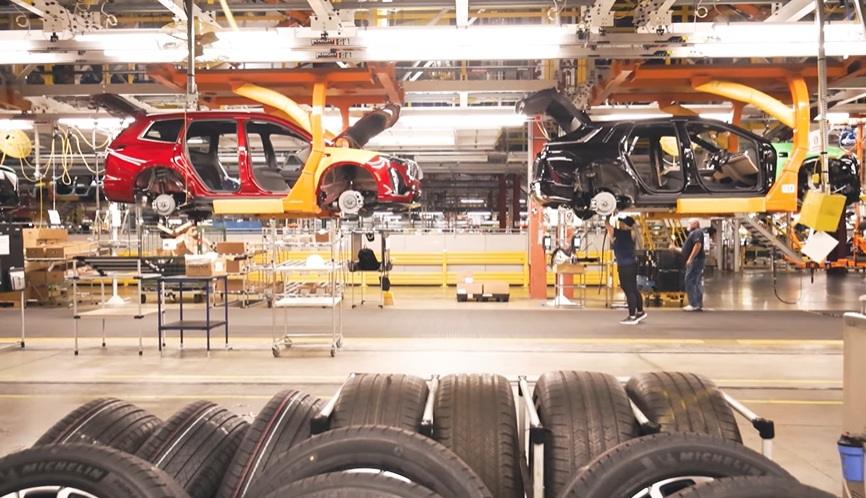
The Science Based Targets initiative (SBTi) has unveiled its initial draft of the Automotive Sector Net-Zero Standard, designed to assist car manufacturers and auto parts suppliers in setting science-based net-zero goals in alignment with global climate change targets.
Established in 2015, SBTi aims to make science-based environmental target setting a standard practice for businesses. The organisation’s key functions include promoting best practices for emissions reduction and net-zero targets in line with climate science, providing technical support to companies, and independently assessing their emissions reduction targets.
This new automotive standard is part of a broader series, covering sectors like Forest, Land and Agriculture (FLAG), aviation, construction, chemicals, and cement, all focusing on heavy-emitting industries.
The draft standard aligns with SBTi’s ongoing work on the updated Corporate Net-Zero Standard Version 2 (V2) but incorporates specific criteria for reducing emissions across the automotive value chain, including operations, supply chains, and products.
The standard requires automakers to consider the aggregated greenhouse gas (GHG) emission intensity of vehicles, including emissions from fuel use and end-of-life processing. Companies are also expected to increase the share of low-emission vehicle sales. For auto parts suppliers, the draft introduces criteria for reducing emissions from material sourcing and manufacturing and mandates the disclosure of parts sold for low-emission vehicles.
The automotive sector accounts for over 20% of human-induced GHG emissions and faces climate-related risks such as supply chain disruptions and increased investor scrutiny, according to SBTi.
Karl Downey, Head of Sector Standards at SBTi, stated:
“Decarbonising the road transport sector is crucial for meeting global net-zero goals, with the automotive industry playing a significant role through new vehicle provisions. The shift to net-zero offers opportunities for industry innovation and appealing customer offerings.”
Concurrently with the draft’s release, SBTi has launched a consultation seeking feedback on aspects like alignment with the draft Corporate Net-Zero Standard V2, the new aggregated indicator for Scope 1, 2, and 3 emissions, criteria for low-emission vehicles, and auto parts makers. Access the consultation here.
Downey added:
“Feedback from stakeholders will ensure the final Automotive Sector Net-Zero Standard enables ambitious and practical GHG reductions for automakers and parts manufacturers, helping them embrace electrification’s benefits while maintaining market competitiveness.”




